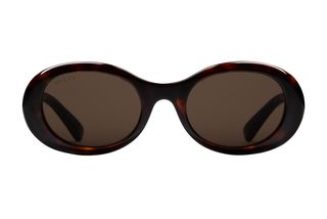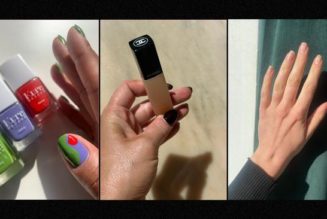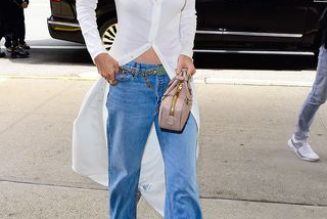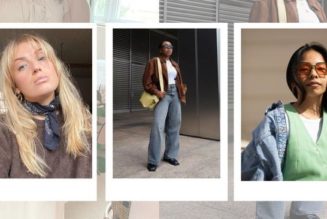In fashion, luxury has long been synonymous with exclusivity, high-quality materials, and meticulous craftsmanship. However, a new dimension is increasingly becoming part of this definition: sustainability. As awareness around environmental issues grows, consumers seek brands offering premium products while prioritizing eco-friendly practices.
This shift towards sustainable luxury is transforming the fashion industry, compelling brands to reevaluate their materials, processes, and overall impact on the planet. Among the various innovations leading this green revolution, bamboo clothing is a prime example of how luxury fashion can embrace sustainability.
This article discusses the fashion transformation driven by the quest for sustainable clothing options. Read on to learn more.
Why more consumers choose to go green
Consumers’ shift towards sustainable fashion can be attributed to several factors, reflecting a broader awareness and concern for environmental, ethical, and social issues. Here are some key reasons why more consumers nowadays prefer sustainable fashion:
- Environmental awareness
There’s a growing understanding of the significant environmental impact of the fashion industry, including its contributions to pollution, waste, and the depletion of natural resources. As consumers become more aware of these issues, many seek to reduce their environmental footprint by choosing more sustainable options.
- Ethical concerns
Stories and reports about poor working conditions, unfair wages, and exploitation in the fashion industry have heightened the demand for ethical fashion. Consumers are increasingly looking for assurance that the clothes they buy are environmentally friendly and produced in a way that respects human rights.
- Quality and longevity
There’s a growing appreciation for quality over quantity. Consumers are becoming more interested in investing in durable, high-quality pieces that last longer rather than fast fashion items that might be worn only a few times before being discarded.
- Transparency and traceability
Modern consumers value transparency and want to know where and how their clothes are made. Brands that provide detailed information about their supply chains and production processes are often preferred.
- Personal values alignment
Many consumers view their purchasing decisions as an extension of their values. Choosing sustainable fashion allows them to align their shopping habits with their concerns about the planet, animal welfare, and social justice.
- Influence of social media and influencers
The rise of social media and eco-conscious influencers has played a significant role in educating and influencing consumer behavior. Platforms like Instagram, YouTube, and TikTok have become valuable sources of information on sustainable fashion, inspiring more people to make conscious choices.
- Increased availability and variety
As the demand for sustainable fashion grows, more brands are emerging to meet this demand, offering a wider variety of styles, sizes, and price points. This increased availability makes it easier for consumers to find eco-friendly options that suit their tastes and budgets.
The preference for sustainable fashion reflects a complex interplay of environmental consciousness, ethical considerations, quality appreciation, and a desire for transparency and alignment with personal values. This shift indicates a more profound change in consumer behavior, where more individuals seek to make responsible choices that positively impact the world.
Bamboo clothing: The green fabric of sustainable luxury
Bamboo clothing has emerged as a beacon of eco-friendly fashion, offering a sustainable alternative to traditional luxury fabrics. Bamboo, a highly renewable resource, grows quickly and abundantly without pesticides, fertilizers, or much water. Its transformation into fabric involves processes that can be environmentally friendly, making it an appealing choice for both designers and consumers looking to reduce their ecological footprint.
Moreover, bamboo fabric boasts natural properties such as breathability, moisture-wicking, and antibacterial qualities, making it sustainable and superior in comfort and hygiene.
The integration of bamboo into luxury fashion collections underscores a broader industry trend towards materials that are kinder to the planet. Brands that incorporate bamboo clothing into their lines are often lauded for their commitment to sustainability, attracting eco-conscious consumers who no longer wish to choose between luxury and environmental responsibility.
This shift is not just about adapting to consumer demand; it reflects the fashion industry’s acknowledgment of its role in environmental degradation and its power to drive positive change.
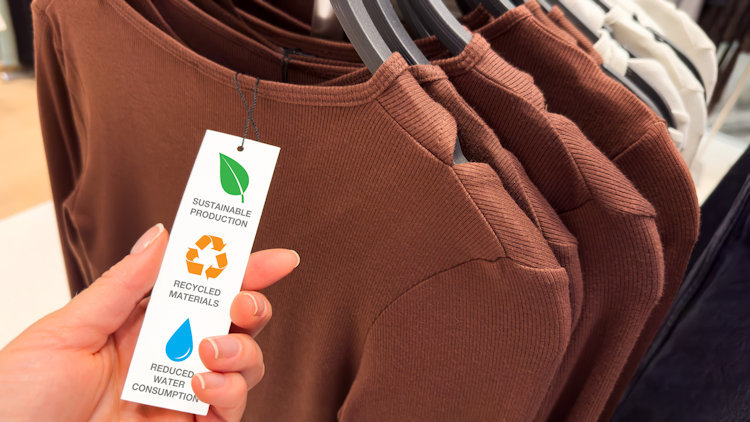
Greenwashing: What you need to know as an ethical consumer
Greenwashing is a deceptive marketing strategy used by some companies to falsely present their products, services, or overall brand as environmentally friendly, sustainable, or positively impacting the environment.
Companies that practice greenwashing may entice customers through misleading claims, advertisements, packaging, or public relations efforts that exaggerate or fabricate the environmental benefits of what they offer. The general aim is to capitalize on the growing consumer interest in eco-friendly products and practices without making significant efforts to reduce environmental impact.
Avoiding companies that practice greenwashing involves research and vigilance. Here are some strategies to help you:
- Look for specific claims and certifications
Companies genuinely committed to sustainability often provide specific information about their environmental efforts. Look for products with reputable certifications and labels, such as Fairtrade. These certifications involve third-party verification of environmental claims.
- Research the company’s environmental record
Look beyond the marketing materials and investigate the company’s actual environmental practices. Please find out about their use of resources, waste management, and greenhouse gas emissions. Reports and assessments from independent environmental organizations or agencies can provide valuable insights.
- Check for transparency
Companies serious about sustainability are usually transparent about their practices, goals, and progress. They may publish sustainability reports or detailed information about their supply chain, sourcing practices, and the environmental impact of their products.
- Be wary of vague terms
Terms like ‘eco-friendly,’ ‘green,’ or ‘natural’ aren’t regulated and can be used freely by companies without substantiation. Be skeptical of products that use these terms without providing explicit, verifiable information about why they are environmentally friendly.
- Use third-party resources
Various apps, websites, and organizations are dedicated to uncovering greenwashing and providing information on genuinely sustainable products and companies. These can be valuable resources in making informed decisions.
By applying these strategies, you can become more informed and selective about the companies and products you support, helping to avoid those who practice greenwashing.
Final Thoughts
The transformation of the luxury fashion industry towards sustainability is a testament to the evolving relationship between luxury and responsibility. As bamboo and other eco-friendly materials and practices become more prevalent, they redefine what it means to be truly luxurious.
The journey towards sustainable luxury is ongoing, but with every bamboo garment produced and every sustainable practice adopted, the fashion industry takes a step closer to a more environmentally conscious and ethically sound future.



